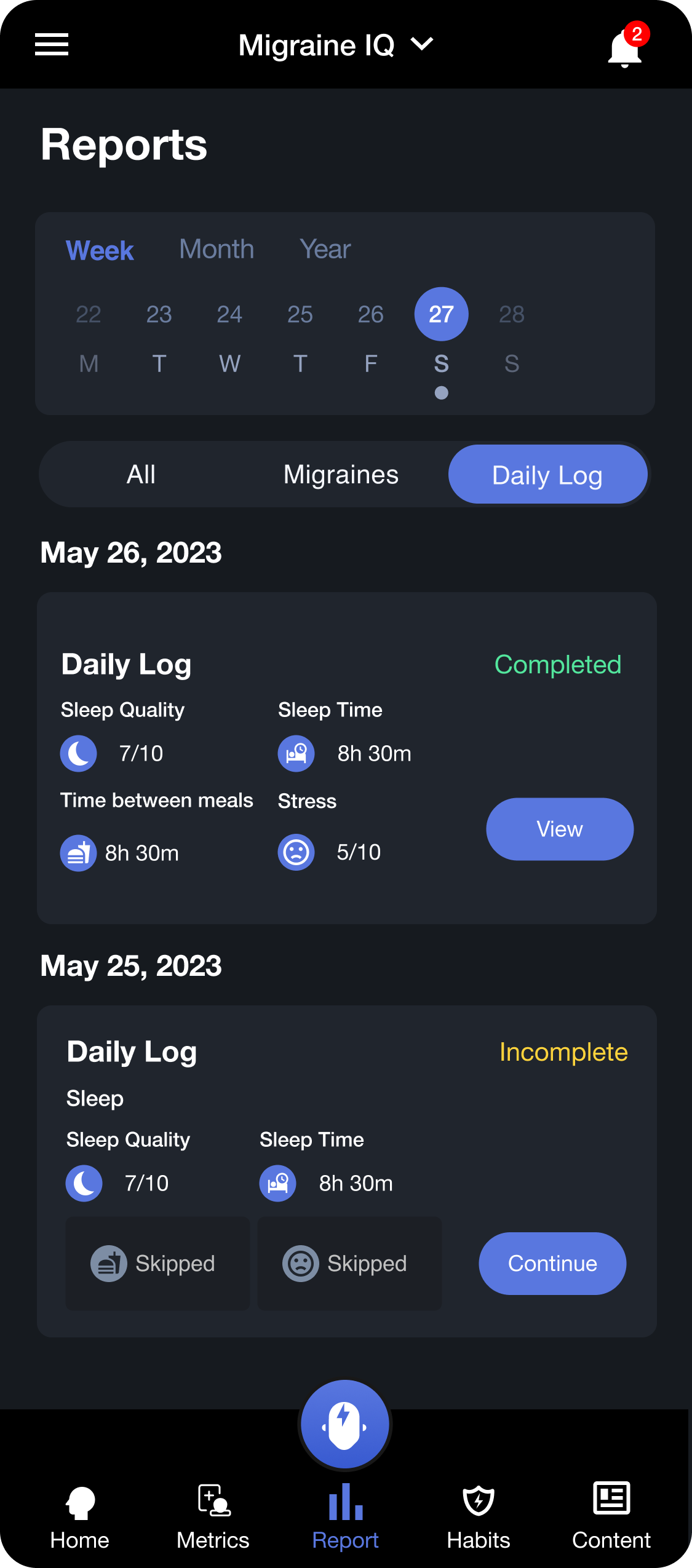In a world where stress is a constant companion and comfort food is just a drive-thru away, emotional eating has become a common struggle for many people. Whether it’s reaching for that pint of ice cream after a rough day or indulging in a bag of chips when feeling anxious, emotional eating can derail both your health goals and emotional well-being. Emotional eating is the act of using food to suppress or soothe negative emotions, such as stress, sadness, anger, boredom, or loneliness. While it’s normal to occasionally indulge in your favorite treat to celebrate or relax, emotional eating becomes problematic when it’s a habitual way of dealing with emotions. Unlike eating to satisfy physical hunger, emotional eating is driven by feelings, not your body’s natural need for nourishment. This often leads to overeating, guilt, and even weight gain, creating a vicious cycle that’s tough to escape.





